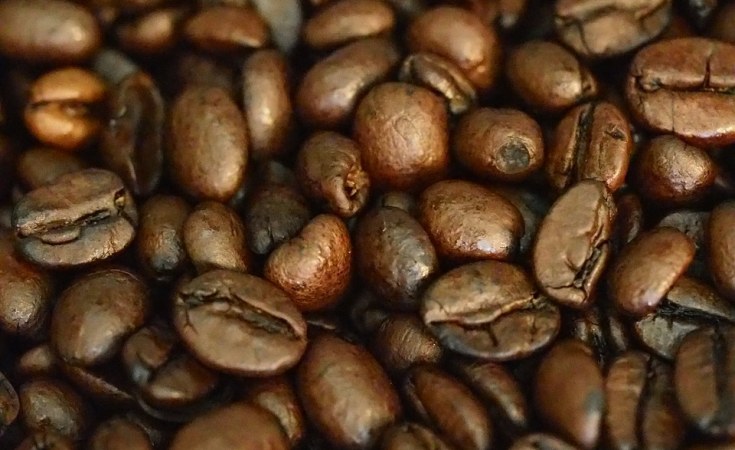Embu — Coffee farmers around the country are poised to earn more for their produce following the introduction of new regulations that allow the cutting out of middlemen.
Embu Senator Njeru Ndwiga said the new regulations meant farmers could now negotiate prices for their produce with potential buyers unlike in the past when they lost control of their produce once they handed it over to millers who were also marketing agents.
Ndwiga said the regulations were a great relief to farmers who have in the past done the donkey work only to be forced to accept the price they were given by millers and marketing agents.
He spoke Thursday when he met a group of farmers at Kiaragana in Runyenjes where they were introduced to a South Korean coffee importer, Goodbeans.
The company has been importing Kenya Coffee from Baringo County since 2016 and planned to increase the amount of coffee they buy directly from Kenyan farmers.
The Director of Goodbeans Kang Sunggyu said they now want to spread out to the whole country and had visited coffee farmers in Machakos, Murang'a, Meru, Embu and Nyeri and would then proceed to the growing zones in the West of the country.
Senator Ndwiga urged Embu County farmers to agree to talk together and pool their coffee so as to increase their bargaining power.
Ndwiga, arguably the largest coffee farmer in the county, urged fellow farmers to improve productivity through higher acreage and better husbandry.
Sunggyu said Kenya coffee was considered premium in South Korea as it was superior to coffees from Bolivia and Brazil and urged local farmers to cash in on the better prices offered for their coffee.
The Chairman of the Coffee Sector Reforms Implementation Standing Committee Joseph Kieyah said good times are coming for coffee farmers and they should aim at cashing in on the promised better prices.
He said a country like S. Korea has a 170,000 tonne demand for good quality coffee, yet Kenya was only producing 40,000 tonnes, a figure it has been stuck with since the coffee production decline of 1980s and 90s. The country once had a peak production of 130,000 metric tonnes, he added.
Prof Kieya said Kenyans had the potential to produce a conservative 250,000 metric tonnes, and they should cash in on the superiority of their produce now that President Uhuru Kenyatta had spearheaded the reforms that had led to the farmer-focused new business environment.
Farmers James Ireri, John Njoka and Jackline Murugi said the new arrangement gave them hope that they would finally get just rewards for their sweat.
They said their farming has in the past been characterised by uncertainties and they now expected an assured minimum return. - Kna


